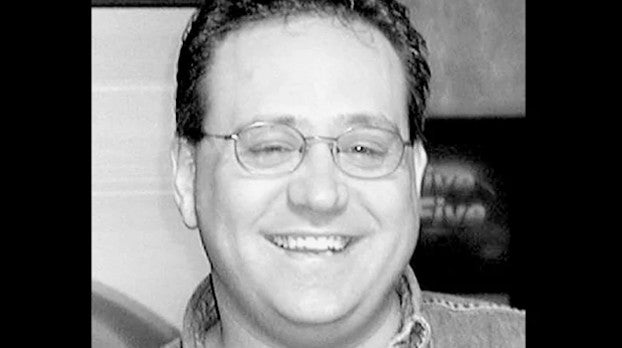Making communities healthier means improving health, not just healthcare
Published 8:22 am Wednesday, February 22, 2017
By: Elena Marks, President & CEO
Episcopal Health Foundation
Angel loves soccer. But the 14-year-old Texan spends much more time with doctors than his teammates on the soccer field. That’s because Angel suffers from severe, recurring asthma attacks.
The key to better health for Angel isn’t more healthcare or the latest breakthrough asthma treatment after an attack. It’s understanding what triggers his attacks and preventing them in the first place. Addressing those environmental conditions —where he lives – with some combination of replacing carpets, improving ventilation, and removing household mold may be the most effective prescription for improving Angel’s health. Done successfully, it could make a world of difference – fewer urgent trips to the doctor and far more time in school and with friends – for Angel and the 600,000 other Texas children who suffer from asthma.
Angel’s battle for health and wellness reflects a much larger problem across Texas and the U.S. When faced with population health crises like childhood asthma or heart disease, we’ve responded the same way we would if they were communicable diseases, by pouring more money into healthcare like exams, medical treatments and hospital programs. The problem is that they aren’t diseases we catch, they are chronic conditions that develop in close association with poverty, substandard housing, and environmental conditions. When confronting them, we need to recognize that what happens outside the walls of hospitals – where we live, work and play – matters more than what happens inside the goliath that is our healthcare system. Nonetheless, the U.S. spends $2.9 trillion a year on healthcare, and only a fraction of that on areas that have a much greater influence on our health and wellness.
The Episcopal Health Foundation (EHF) is dedicated to going beyond the doctor’s office and supporting solutions that address the underlying causes of poor health in Texas. This year, EHF joined the national BUILD Health Challenge. This approach addresses community environment issues that tend to contribute to the development of major health problems, especially for the poor and those with the least resources. EHF’s partnership with the BUILD Health Challenge will encourage communities to think boldly and innovatively about the systemic causes of the health challenges they face.
With funding from EHF, the BUILD Health Challenge will select one community partnership, within our 57-county service area, to receive up to $500,000 in 2017 to address health issues in this new way. It’s a unique opportunity to create a new vision of health where we actually live, work and play.
Angel’s victory over childhood asthma won’t happen through healthcare alone, although it certainly has a role to play. Likewise, we can’t continue addressing chronic population health problems the same way we treat communicable diseases. The focus of Texas’ healthcare system must shift from healthcare delivery alone to promoting health and wellness in the communities they serve. By necessity, that means getting out from behind hospitals walls and forming partnerships with them. The BUILD Health Challenge is one way to help make that happen.
I hope you’ll follow our progress and even join us in this important effort. Think about the chronic, seemingly impossible health problems in our communities and how you can join together with others to address them in new ways. What could you BUILD in your community?
Elena Marks is the President and Chief Executive Officer of the Episcopal Health Foundation and a nonresident Fellow in Health Policy at Rice University’s Baker Institute for Public Policy.




